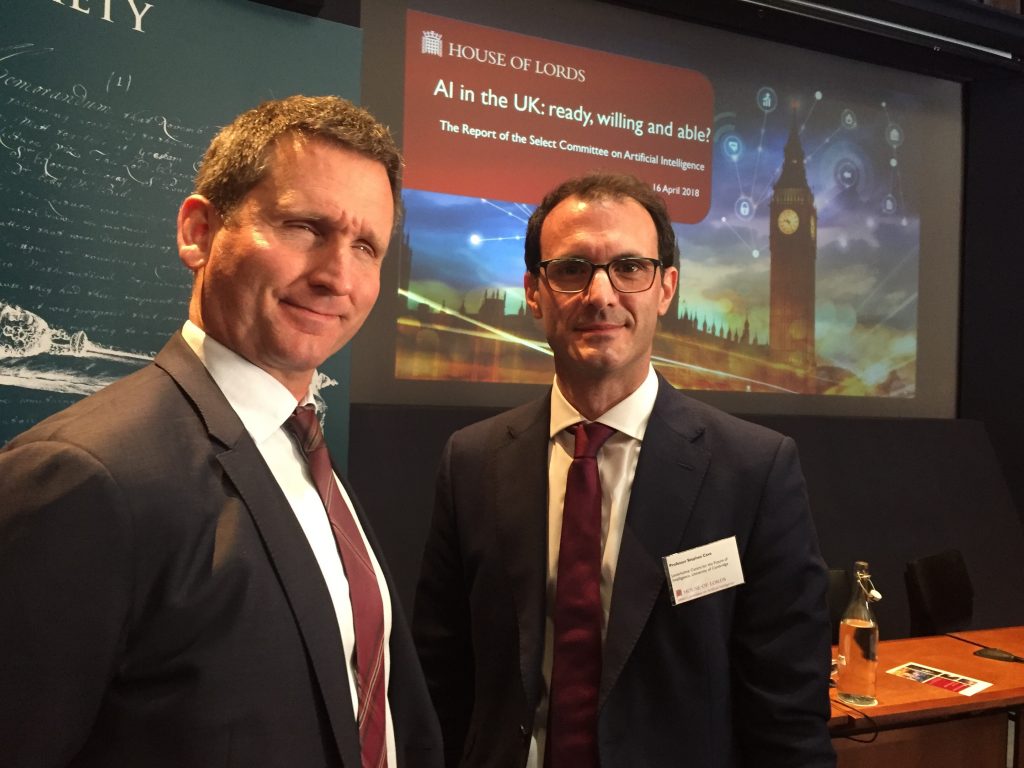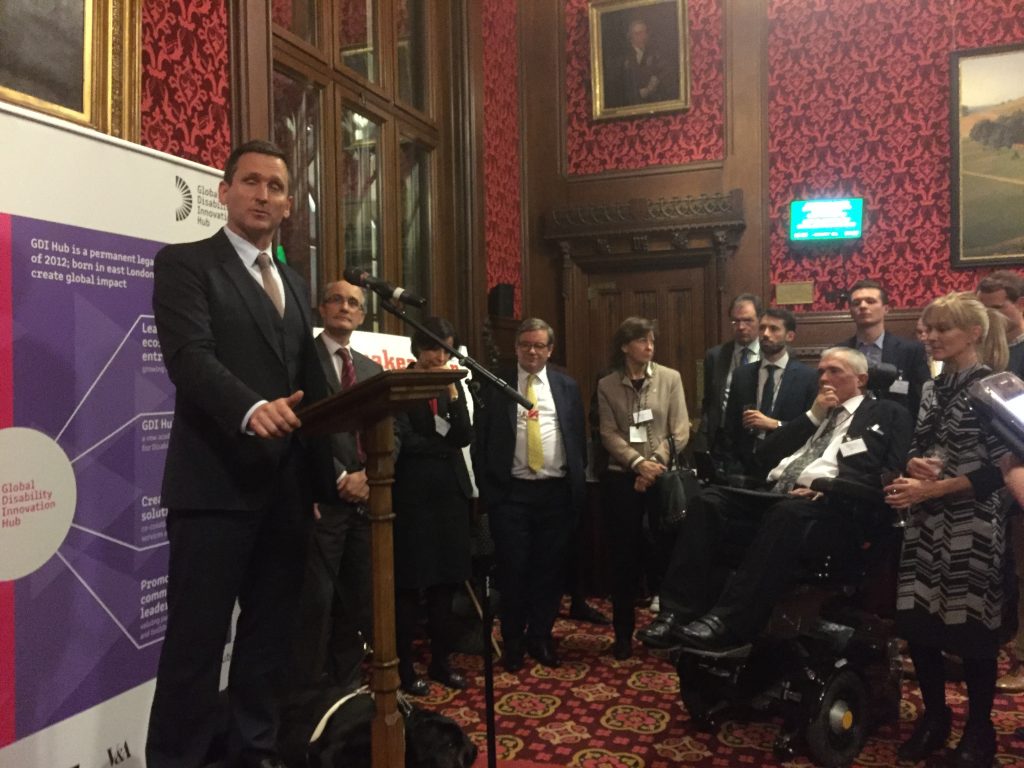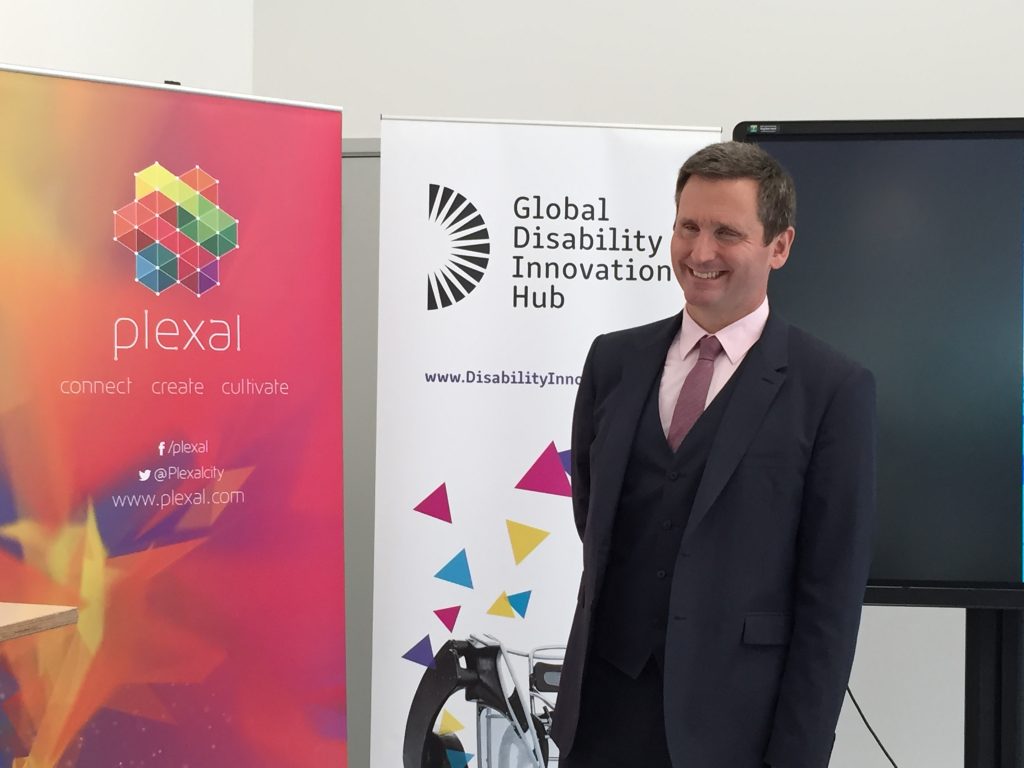Inclusive Transport Strategy
At the end of last month the Department for Transport published the long awaited Inclusive Transport Strategy (25th July 2018) setting out plans to make the transport system more inclusive and calling for an end to shared space.
An inclusive transport strategy is so important is because enabling equal access to transport means so much more than getting people on trains and buses. It’s about why people want to get on trains and buses, it’s about ensuring disabled people have equal access to jobs, schools, colleges, the freedom to visit friends and family and use their own high street.
Shared Space
Chris is a passionate advocate for improved accessibility and inclusion and has long campaigned on a design idea known as “shared space”.”Shared space” schemes, where features such as kerbs, road surface markings, designated crossing places and traffic signs are removed, have been introduced in many town centres in recent years. The intention was to create better places the reality, sadly, was a terrifying free for all.
Moratorium and Guidance
In 2015 Chris conducted a survey into peoples experiences of shared space finding them to be overwhelmingly negative. Over a third of people reported actively avoided shared space schemes and 63 per cent of respondents rated their experience as poor. Chris is delighted that two of his recommendations from that report have been adopted by the Department for Transport:
- an immediate moratorium on all shared space schemes and
- updated Department for Transport guidance to enable local authorities to fully understand their obligations, not least in relation to the Equality Act.
Many people, organizations and individuals, have been involved in raising awareness of the problems with shared space over the years. It has been discussed in parliament, the subject of Select Committee scrutiny in both the Lords and Commons and investigated by industry body the Chartered Institution of Highways and Transportation (CIHT). In the CIHT report Creating Better Streets not one of the case studies examined was found to have successfully created a fully inclusive environment.
End of the road….
One of the most well known “shared space” schemes is in Exhibition Road, London, although the recent introduction of bollards to make one half of the open carriageway completely pedestrianized can only be a tacit acceptance that the scheme as originally designed was not working.
Chris calls on local authorities, engineers and designers to engage with the inclusive transport strategy and take seriously the challenge of considering accessibility requirements in planning and infrastructure.
Chris has said:
“this is nothing to do with seeking to freeze the past or frustrate change, it is about looking forward, being innovative, engaging with technology and the smart cities agenda and ensuring that we produce intelligent, inclusive, public spaces that work for all.”



